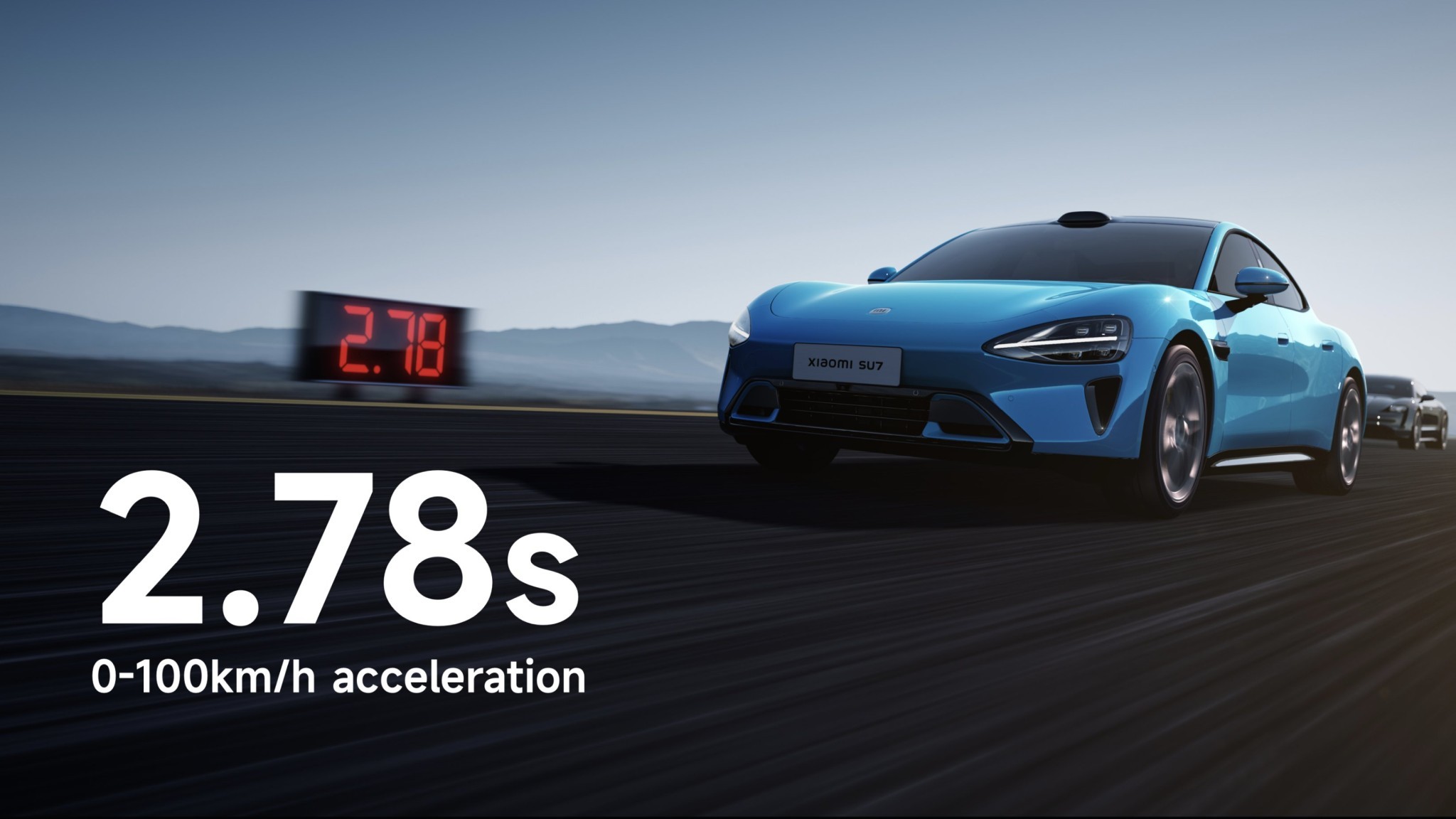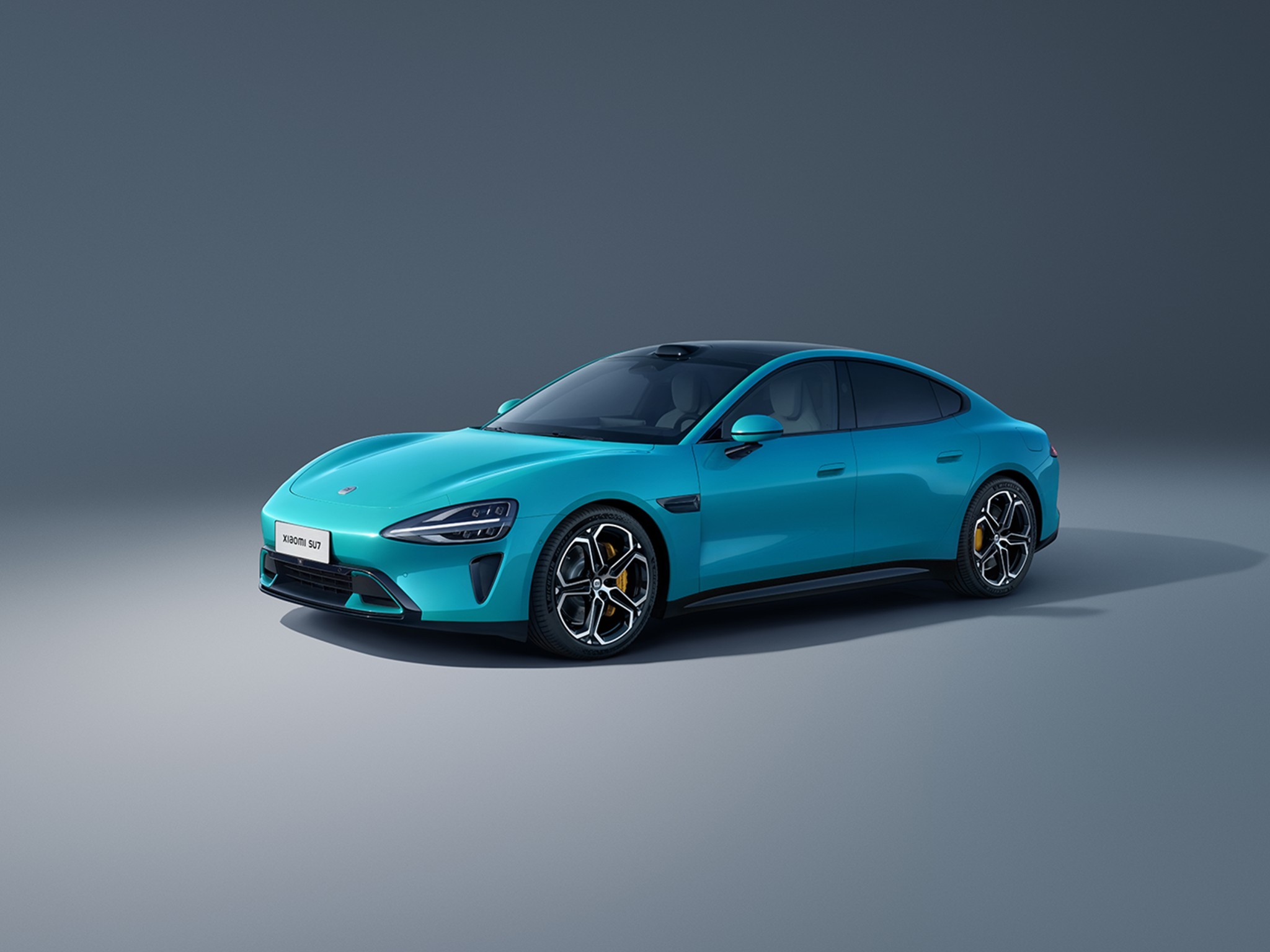Xiaomi, often underestimated in the US, emerges as a global powerhouse, particularly in smartphones. The SU7, its debut EV, signifies a pivotal moment akin to Tesla’s Model S, drawing inspiration from its predecessors. Understanding Xiaomi’s background, led by entrepreneur Lei Jun since 2010, reveals its rapid ascent to dominance in the Chinese smartphone market within three years.
Dubbed the “Apple of China,” Xiaomi faced scrutiny for its MIUI software resembling Apple iOS. Yet, it persevered, earning accolades for high-quality products and pioneering innovations. With a firm foothold in smartphones, Xiaomi ambitiously ventured into electric vehicles, pledging substantial R&D investments to rival Tesla.

Xiaomi’s first EV, the SU7, challenges the notion of Chinese car models lacking value, poised to disrupt the market. Unlike Tesla’s history of delays, Xiaomi promises prompt delivery, demonstrating its commitment. Comparisons to Apple’s failed EV endeavors highlight Xiaomi’s swift progress and strategic positioning in the automotive world.
The term “Tesla killer,” often sensationalized, reflects the industry’s competitive spirit rather than literal intent. While Tesla maintains its industry leadership, contenders like Xiaomi aspire to innovate and compete, fostering technological advancement.
Xiaomi’s SU7, positioned as a rival to the Tesla Model S, embodies performance and affordability. Designed on Xiaomi’s Modena architecture overseen by automotive experts, the SU7 boasts impressive aerodynamics and advanced engineering, reminiscent of the Porsche Taycan.
Leveraging Tesla’s technological blueprint, Xiaomi introduces hypercastings and HyperEngines, promising enhanced performance. The SU7’s dual-motor configuration offers exceptional power, rivaling Tesla’s acceleration capabilities.
While Tesla leads in software and autonomy, Xiaomi aims to bridge the gap, leveraging its software expertise. Equipped with Qualcomm and Nvidia technology, the SU7 offers advanced infotainment and autonomous driving features, challenging Tesla’s dominance.
Xiaomi’s foray into EV manufacturing, while still evolving, showcases its commitment to quality and innovation. Collaborating with BAIC for production, Xiaomi prioritizes quality control, ensuring a competitive product in the market.
Despite skepticism, Xiaomi’s ambitious vision and extensive resources position it as a formidable contender in the EV market. With a robust retail network and dedicated community, Xiaomi’s EVs are poised to make a significant impact in the automotive industry.

